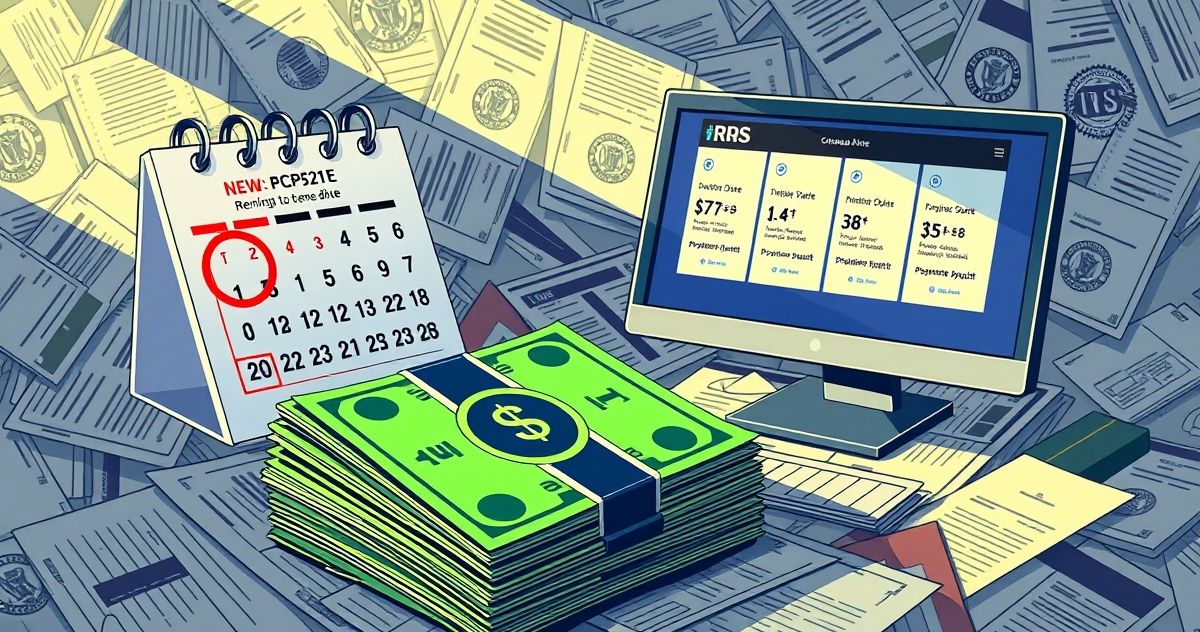Understanding the CP521E Reminder Notice
The CP521E Reminder is a crucial document issued by the Internal Revenue Service (IRS) aimed at keeping taxpayers on track with their repayment commitments under an installment agreement. An installment agreement is an arrangement that allows taxpayers to pay their tax liabilities over time, rather than in a single lump sum. This option is particularly useful for those unable to pay their full tax debt at once, making it essential to understand the components and implications of the CP521E Reminder.
What is a CP521E Reminder?
The CP521E Reminder is an official notice from the IRS that informs taxpayers of an upcoming payment due date as part of their previously established installment agreement. The primary purpose of this notice is to ensure that taxpayers do not default on their payments, which can lead to more serious financial consequences. This reminder plays a critical role in maintaining compliance with the IRS and helps taxpayers manage their obligations systematically.
Key Features of the CP521E Reminder
The CP521E Reminder typically includes several key components designed to provide transparent and essential information:
- Payment Due Date: The notice specifies the exact date by which the payment should be made to avoid penalties or the risk of default.
- Amount Due: It states the exact amount that the taxpayer is expected to pay, ensuring clarity and preventing miscommunication.
- Payment Instructions: The notice provides comprehensive details on how to make the payment, including online payment options, and the address, if paying via mail is preferred.
- Contact Information: The CP521E includes contact details for assistance, should the taxpayer have questions or require clarification regarding the notice or their payment plan.
Compliance Requirements
Maintaining compliance with a CP521E Reminder involves adhering to several essential requirements:
- Timely Payments: Taxpayers must ensure that they make their payments by the due date specified in the notice to avoid default.
- Accurate Amounts: It is crucial for taxpayers to pay the specified amount in full. Partial payments could lead to potential issues or violations of the agreement terms.
- Updating Payment Information: If there are changes in the payment method or related details, taxpayers should promptly update them with the IRS to prevent disruptions in processing.
Penalties and Consequences of Non-Compliance
Failure to comply with the terms outlined in the CP521E Reminder can lead to various penalties and complications:
- Default on Agreement: If a taxpayer misses a payment, this may lead to the IRS terminating the installment agreement, demanding the full amount to be paid immediately.
- Additional Penalties and Interest: The IRS may impose additional penalties and interest charges on the remaining balance, exacerbating financial difficulties.
- Collection Actions: In the event of non-payment and default, the IRS might initiate collection actions, such as wage garnishments or bank levies, to recoup the owed amount.
Importance in Tax Resolution and Financial Compliance
The CP521E Reminder serves as more than just a notification of an upcoming payment; it is an integral part of a broader financial strategy for taxpayers dealing with tax debt. By adhering to the schedule provided in the CP521E, taxpayers demonstrate good faith in resolving their tax liabilities, which can be beneficial in future negotiations with the IRS, should any issues arise.
Furthermore, understanding and complying with the CP521E facilitates better financial planning and budget management. Consistent payments help taxpayers reduce their overall debt burden over time, improving creditworthiness and financial stability. For those pursuing tax debt resolution or exploring settlement options, showing a track record of compliance with installment agreements reflects reliability and responsibility to the IRS, potentially opening avenues for further negotiation and favorable terms.
Overall, the CP521E Reminder Notice plays a vital role in guiding taxpayers through the structured repayment of their tax obligations, ensuring compliance and minimizing additional financial strain. It underscores the importance of maintaining organized financial records and highlights the necessity for timely communication with the IRS, making it an essential component of tax management and resolution strategies.

